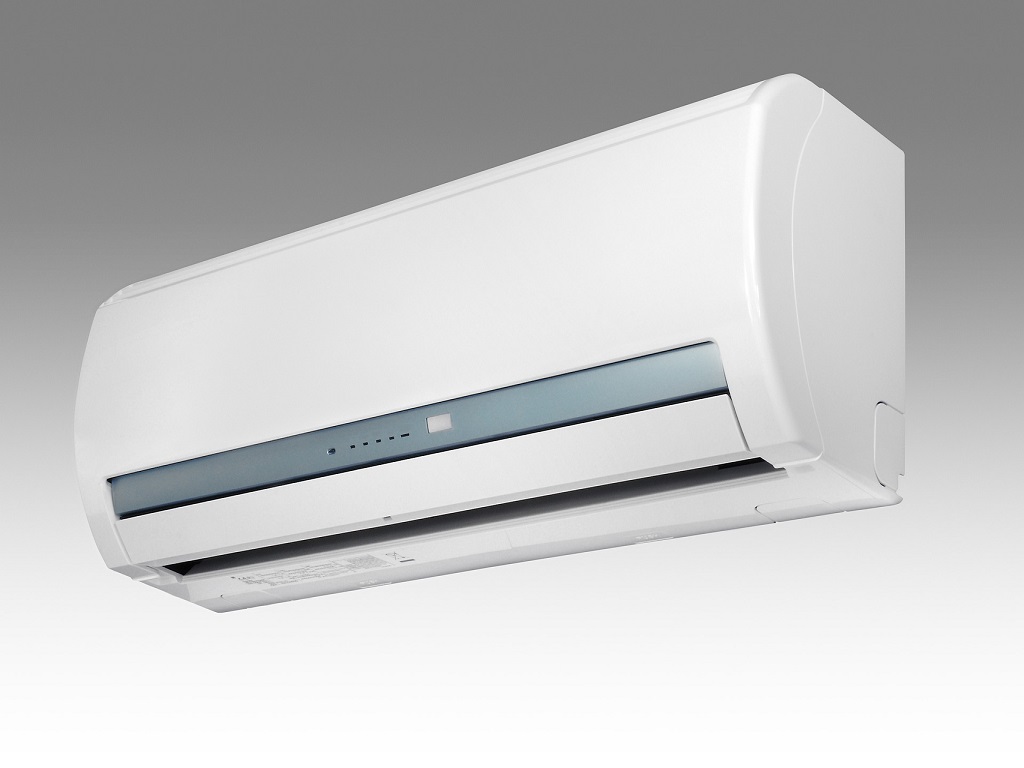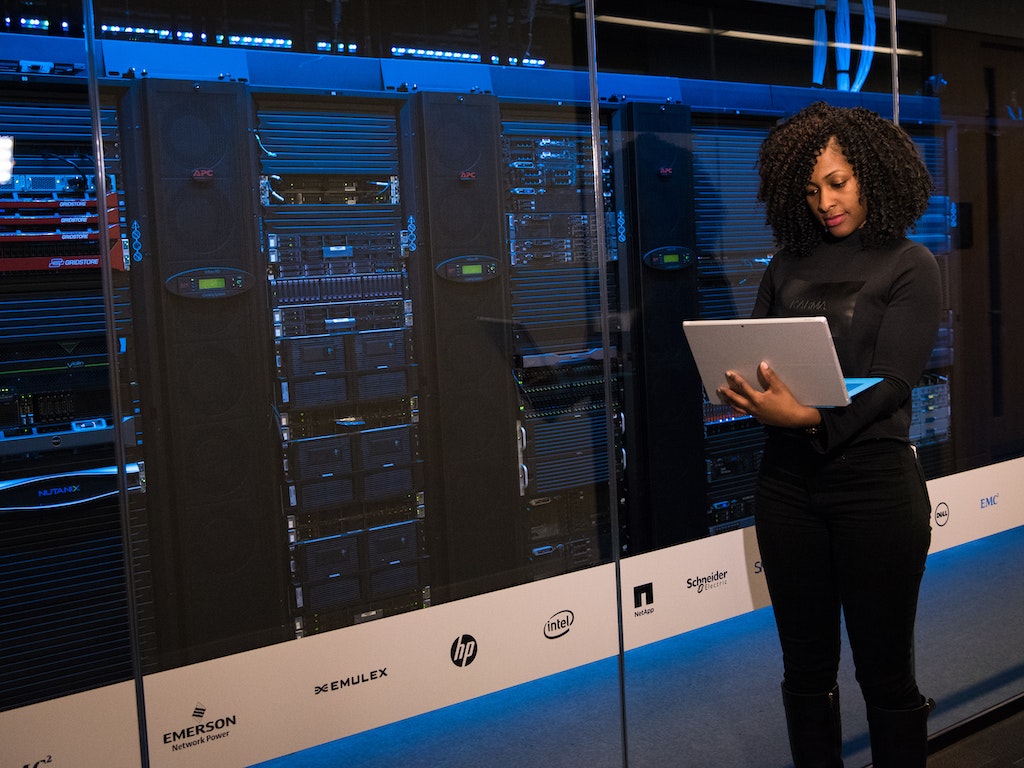
The HVAC (Heating, Ventilation, and Air Conditioning) industry is driven by advancements in technology, changing consumer demands, and increasing focus on sustainability. Read on to stay up-to-date on the latest trends shaping the HVAC landscape. In this article, we will explore popular industry trends, providing valuable insights for both professionals and consumers.
Energy Efficiency Takes Center Stage
Energy efficiency is a major focus in the HVAC industry. With growing concerns about climate change, consumers are seeking energy-efficient HVAC systems. This trend is driving manufacturers to develop and promote systems with high energy efficiency ratings. Look for innovations such as smart thermostats, variable refrigerant flow (VRF) systems, and geothermal heat pumps that offer optimal energy efficiency and lower environmental impact.
Smart Technology Integration
The integration of smart technology is revolutionizing the HVAC industry. Smart thermostats, for example, allow users to control their HVAC systems remotely, adjust temperatures based on occupancy, and even learn user preferences for automatic temperature adjustments. Additionally, smart HVAC systems can provide real-time data and diagnostics, enabling proactive maintenance and energy optimization. Expect to see further advancements in smart technology integration, enhancing convenience, comfort, and energy savings for consumers.
Indoor Air Quality Solutions
The COVID-19 pandemic has made consumers more conscious of the air they breathe. People are now seeking HVAC systems that improve indoor air quality. Air purifiers, advanced filtration systems, and ventilation solutions are gaining popularity as people prioritize healthier living environments. HVAC professionals should stay abreast of the latest advancements in air filtration and purification technologies to meet the increasing demand for improved indoor air quality.
Transition to Low-GWP Refrigerants
The phase-out of high-GWP (Global Warming Potential) refrigerants, such as R-22, continues to drive the industry toward more environmentally friendly alternatives. HVAC systems using low-GWP refrigerants, such as R-410A and R-32, are becoming the norm. Industry professionals should be prepared to handle the transition to these new refrigerants. They should stay informed about the evolving regulations and guidelines to ensure compliance and deliver sustainable HVAC solutions.
Emphasis on Maintenance and Service
Proactive maintenance and service are essential for HVAC systems to operate efficiently and prolong their lifespan. HVAC professionals are recognizing the value of preventive maintenance programs that include regular inspections, cleaning, and tune-ups. Additionally, offering exceptional customer service and building long-term client relationships has become increasingly important for HVAC businesses to make themselves stand out in a competitive market.







